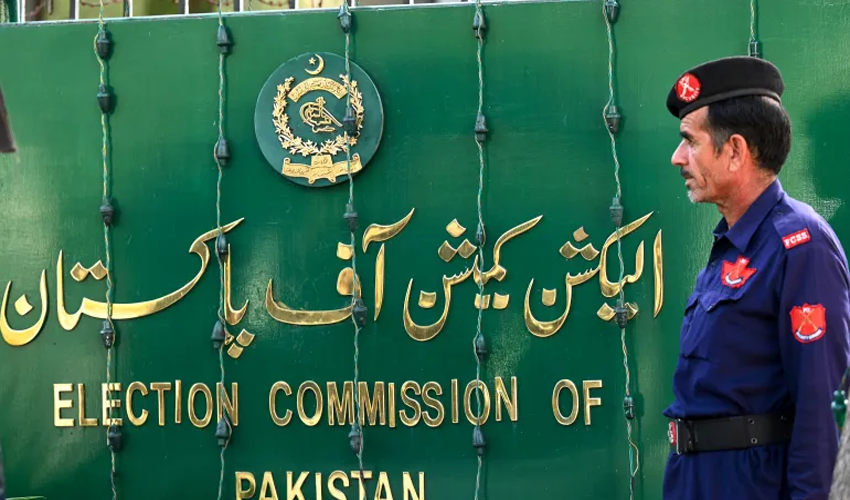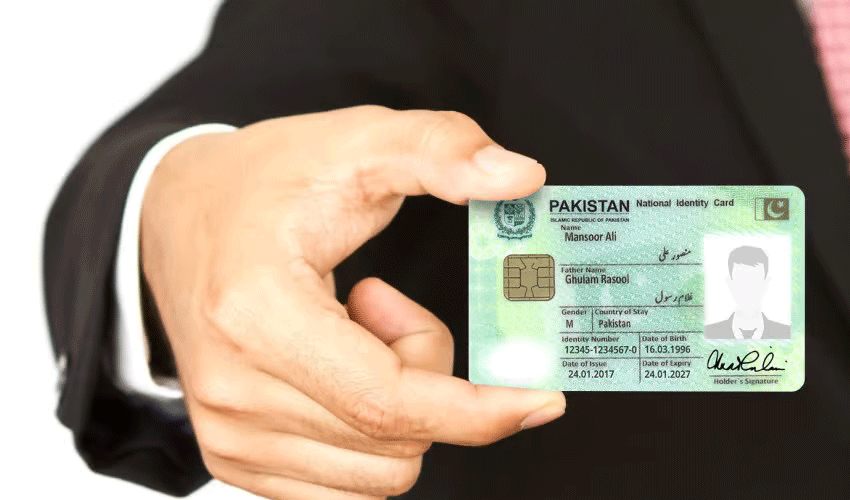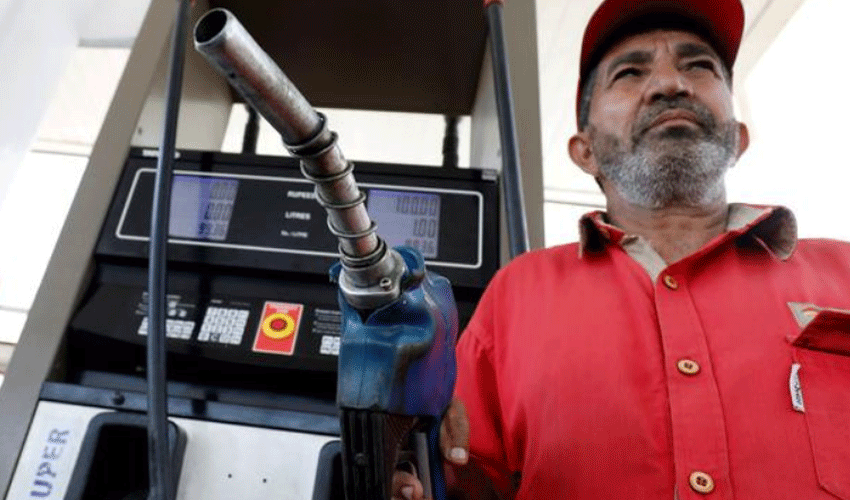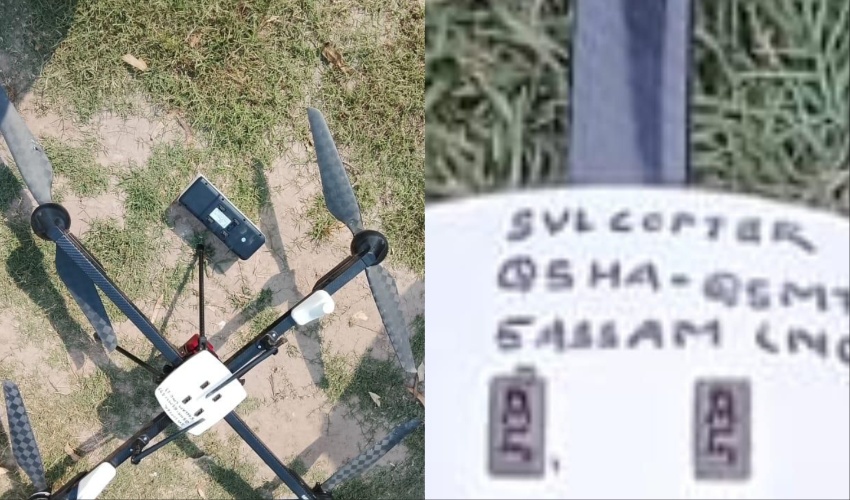In a decisive move, the Election Commission on Saturday issued a stern order prohibiting candidates from seeking election symbols affiliated with parties other than their own.
This directive comes in light of the anticipated ban on the symbol of the 'bat' by the Pakistan Tehreek-e-Insaf (PTI).
In an issued order, the electoral watchdog clarified the legal stance on reports of PTI's symbol being utilized as a 'batsman' emphasising the need for adherence to electoral regulations.
“Numerous applications from candidates, attempting to manipulate the system, have flooded the Election Commission, prompting concerns of deception and violations of electoral laws,” it said.
The order also said that any attempt to deceive the Commission by seeking an election symbol from a party other than one's own constitutes a breach of the law.
The Election Commission's order explicitly states that candidates, who are already members of a political party, are prohibited from requesting the symbol of another party. Returning Officers (ROs) have been instructed not to grant any alternative election symbol to such candidates.
Referring to the Election Act, it highlighted that a candidate must present a party affiliation certificate, emphasising that an individual cannot simultaneously belong to more than one political party.
The Commission reiterated the importance of following legal procedures, citing the Supreme Court decision in the Habib Akram case.
“Violation of Section 66 of the Election Act, 2017, was emphasized by the spokesperson, underscoring that candidates submitting incomplete nomination papers, particularly those neglecting to submit the required affidavit, will face rejection,” it added.
The Election Commission emphasised that candidates must bear the consequences for any false statements made in the affidavit attached to their nomination papers.
The commission pointed out that misrepresentation in the affidavit is clearly defined in the constitution and the law. Referring to the Supreme Court's order, it was highlighted that the submission of the candidate's affidavit is mandatory.
Any misrepresentation in the nomination papers will be treated as a misrepresentation before the Supreme Court, subjecting the candidate to the same consequences as making false statements before the highest judicial authority.



























